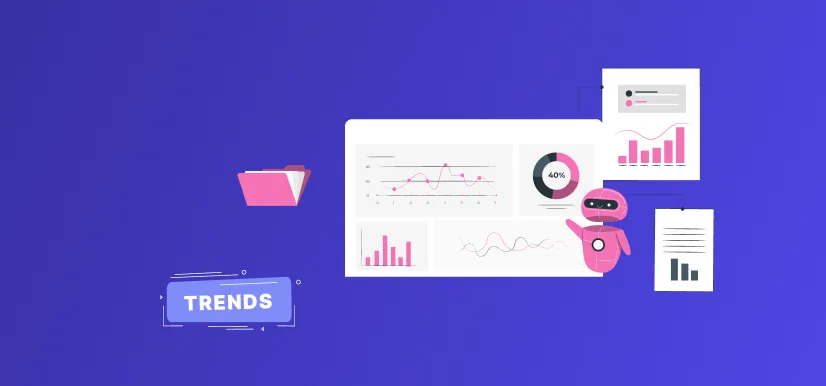Enterprise Commerce
What Is Enterprise Commerce
Today, enterprises must contend with a number of challenges in order to remain competitive. One of the most important is the need to have a strong online presence. This is where enterprise commerce comes in.
Enterprise commerce, also known as e-commerce or electronic commerce, refers to the buying and selling of goods and services online on an enterprise level. It covers a wide range of activities, from the simplest transactions between individuals to the complex ones conducted by large businesses.
When to Switch to Enterprise-Level Commerce Solutions
There are many factors to consider when deciding whether or not to switch to enterprise-level commerce solutions.
One of the most important factor is the size and complexity of your business. If you're a small business with only a few employees, you can probably get by with a smaller, less expensive solution. But if you're a large business with hundreds or even thousands of employees, an enterprise-level solution will be necessary to support your operations.
Another important factor to consider is your growth potential. If you have a lot of room to grow, you will need enterprise-level commerce solutions that can scale with your business. Otherwise, you may find yourself limited by your current solution's capabilities.
Finally, you should also consider the cost of switching to enterprise-level commerce solutions. These solutions can be expensive, so you need to make sure that the benefits outweigh the costs.
The bottom line is that there's no one-size-fits-all answer to the question of when to switch to enterprise-level commerce solutions. It depends on the specific needs of your business. But if you're a large business with high transaction volumes, or if you're selling complex products like digital goods, an enterprise-level solution would be a better fit.
What Are the Benefits of Enterprise Commerce
With an enterprise commerce solution, you'll be able to take advantage of all the latest and greatest features that eCommerce has to offer. Here are just a few of the benefits that you'll enjoy:
Increased Efficiency: With an enterprise commerce solution, you'll be able to streamline your operations and make your business more efficient. You'll have access to powerful tools that will automate many of your tasks, freeing up your time so that you can focus on more important things.
Improved Customer Service: Your customers will be happier with an enterprise commerce solution in place. With all the latest features, you'll be able to provide them with a better experience overall. You'll be able to offer them self-service options, faster shipping, and a more personalized experience.
Greater Flexibility: An enterprise commerce solution will give you the flexibility to scale your business as needed. You'll be able to add or remove features as your business grows so that you're always using the most up-to-date technology.
Lower Costs: With an enterprise commerce solution, you'll be able to save money on your IT costs. You won't need to maintain separate systems for your eCommerce and your back-office operations. And, you'll be able to take advantage of volume discounts when you purchase products and services in bulk.
Increased Sales: With all the benefits that an enterprise commerce solution offers, you'll be able to increase your sales and grow your business. You'll be able to reach more customers, provide them with a better experience, and offer them more products and services.
What You Should Look for in an Enterprise Commerce Solution
If you're looking for an enterprise commerce solution, there are a few key features you should keep in mind. First and foremost, the platform should be scalable to accommodate future growth. It should also be highly customizable, so you can tailor the shopping experience to your specific needs. Additionally, the solution should offer robust security features and integrations with third-party systems.
Here's a closer look at each of these key features:
Scalability: As your business grows, you'll need a commerce solution that can scale to meet your increasing demands. The platform should be able to handle large volumes of traffic and transactions without issue. Additionally, it should be easy to add new products and categories as your product line expands.
Customization: Off-the-shelf commerce solutions can be inflexible and difficult to customize. Look for a platform that offers a wide range of customization options, so you can create a shopping experience that's unique to your brand.
Security: Data security is critical for any eCommerce business. Make sure the platform you choose offers robust security features, such as encryption and fraud detection. Additionally, look for a solution that supports PCI compliance.
Integrations: A good enterprise commerce solution should integrate with third-party systems, such as accounting and shipping software. This will help streamline your operations and make it easier to manage your business.
When choosing an enterprise commerce solution, keep these key features in mind. The right platform will help you grow your business and provide a seamless shopping experience for your customers.
Get a weekly roundup of Ninetailed updates, curated posts, and helpful insights about the digital experience, MACH, composable, and more right into your inbox

